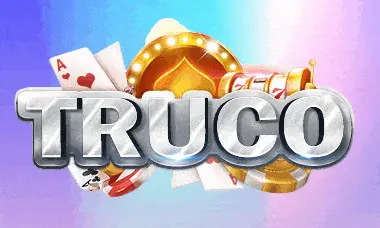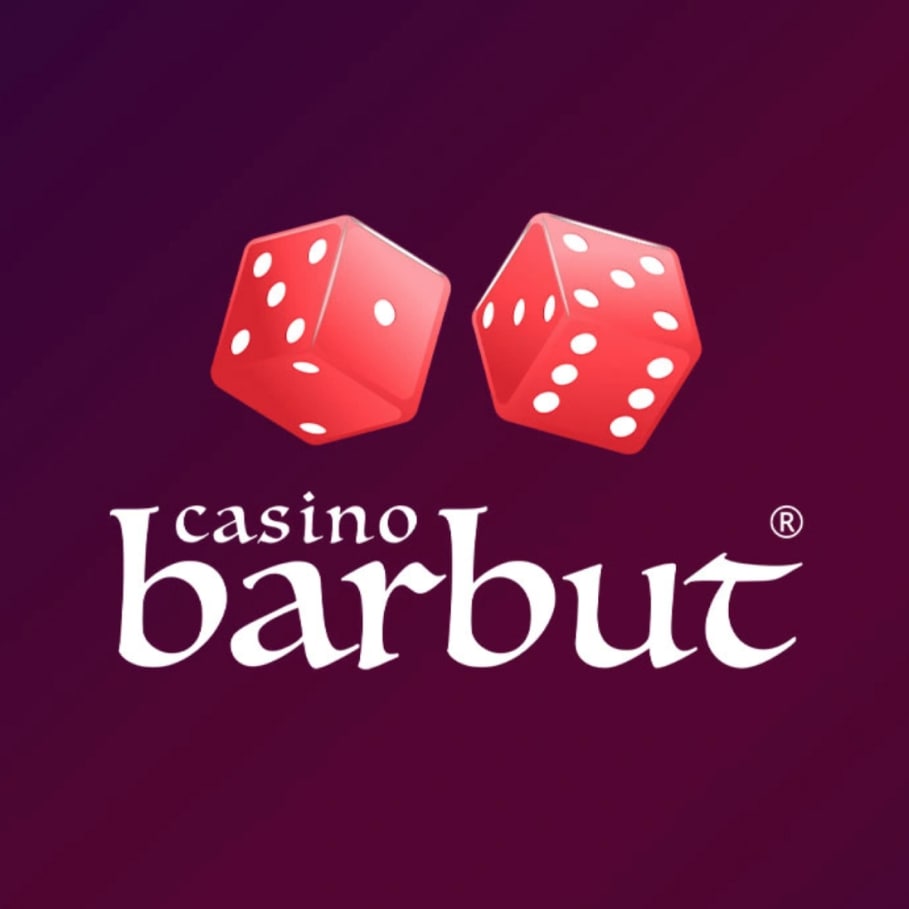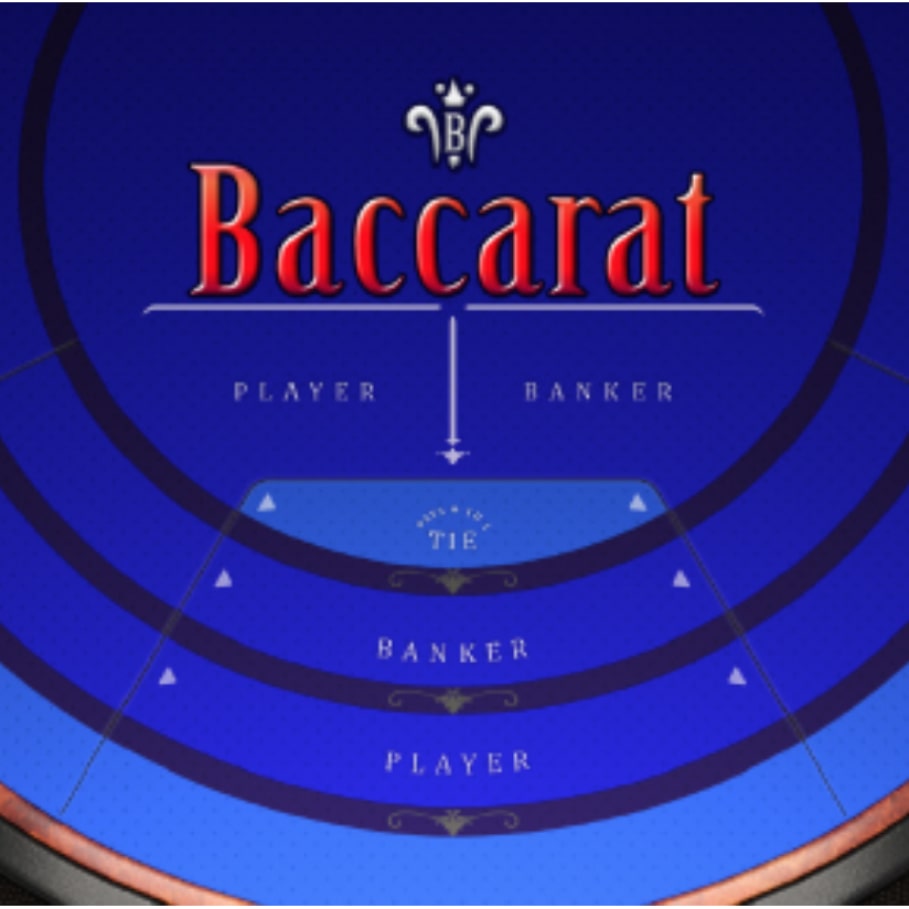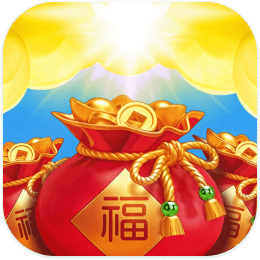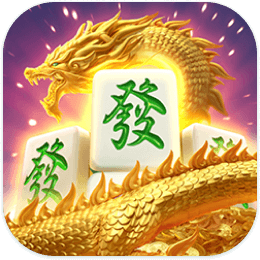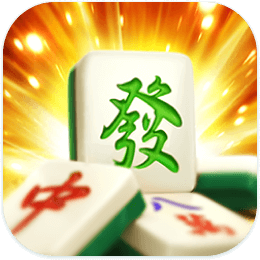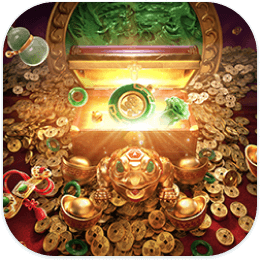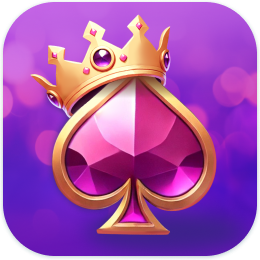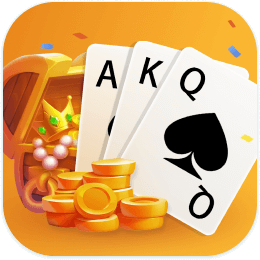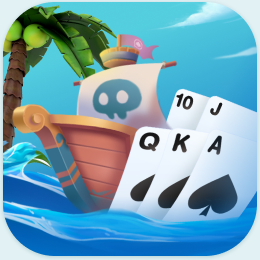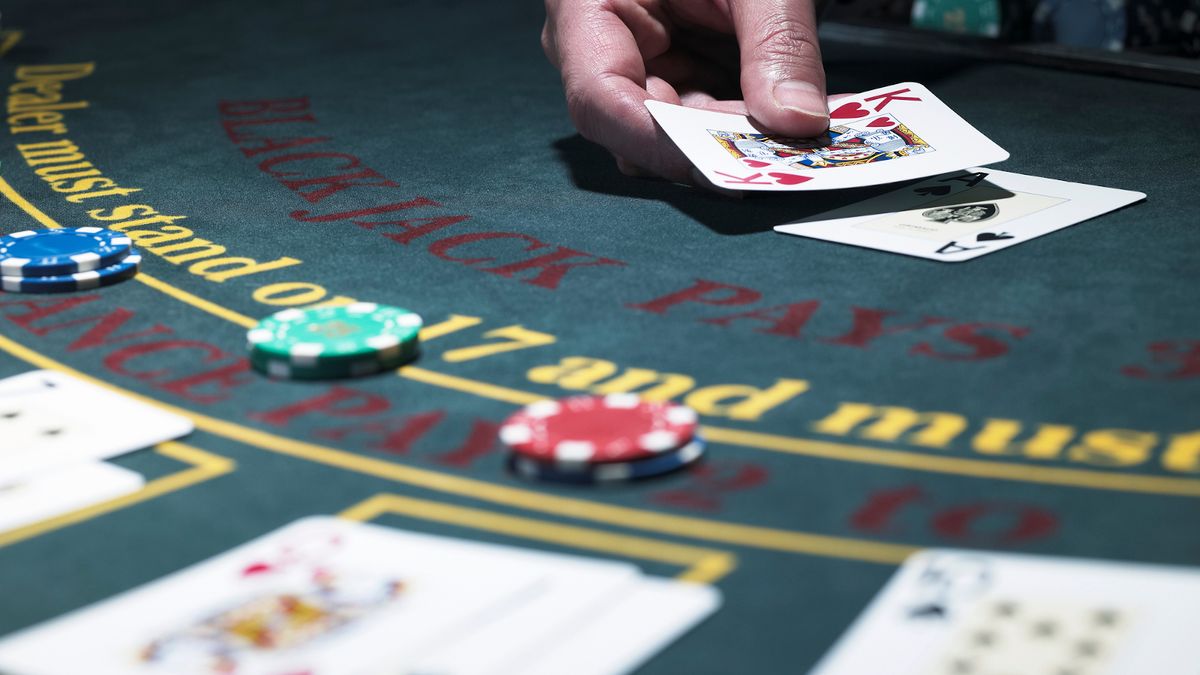Ultimate Blackjack Strategy Creating a Blackjack Strategy

If you want to play blackjack, you need to have a strategy. Our experts give you insight into tips for playing your best game. tachipalace November 13, 2020 Casino
When you’re getting ready to head to a casino and play a game of blackjack, you’ll need to have a strategy in mind if you want to set yourself up to win. To make sure you’re playing the game with a winning strategy, you’ll need to know all the mechanics and rules of blackjack. Knowing when to hit, stand, split pairs and double down is crucial for new players to succeed at the table.
Use our ultimate blackjack strategy guide to find ways to improve your skills and have the confidence to know you’re making the right decisions.
Knowing When To Hit, Stand and Split
When you play blackjack, it helps to know the odds of any hand in conjunction with the dealer’s cards. The goal of the game is to get 21 or as close to it without going over. You can decide whether to hit (take another card), stand (not take a card) or split based on the card the dealer plays. Usually, the lower the dealer’s card and the lower the cards dealt to you, the more likely you are to hit.
The number cards in the deck are all worth the number printed on them, while face cards are worth 10 points each. Aces can be worth either one or 11, depending on how the rest of the play goes. When you get dealt an Ace and any other card that’s not worth 10 points, it’s known as a soft hand, as the value of the hand can change based on the rest of the play. A hard hand is any hand that doesn’t have an ace in it. A natural is a hand with an Ace and a 10-point card, also known as blackjack.
Hitting and Standing
In blackjack, hitting refers to an action a player takes to draw an additional card. Players hit when they hope to improve their hand’s total value. For example, if you draw a five and a six, there’d be no reason not to hit, as the highest card you could possibly draw would have a value of 10. The higher the value of your hand, the riskier it will be to hit, as the chances to go over 21 increases.
When a player stands, they signal to the dealer they are satisfied with the value in their hand. After standing, a player can take no further action and will wait to see what cards the dealer shows. Players will be most likely to stand when they believe their hand has enough value to beat the dealer.
As you decide whether to hit or stand, you’ll be evaluating your hand’s value and what you believe the dealer’s hand will be. Along with seeing your hand, you’ll also see one of the dealer’s cards. This upturned card for the dealer will inform an experienced players’ decision to hit or stand.
For example, say your hand is made out of a hard 12, and the dealer shows a nine. It’s in your best interest to hit, as the odds of getting close to 21 but not going over 21 are fairly good. Additionally, since the dealer is showing a higher value card, it’s more likely the dealer’s hand will be close to 21. Since the dealer’s hand is likely to have a high value, the player in this situation would be smart to hit in this situation.
Now, if you had the same hard 12, but the dealer showed a five, you’d want to stand. Since the dealer’s hand seems low, it’s likely that your hand is worth more than theirs, so you don’t have to take the risk of accepting another card.
Pair Splitting
If you get dealt two cards with the same value, such as two sevens or two sixes, you have the option of splitting the hand, essentially giving you two equal bets during the same round. When you split, the dealer automatically deals a second card for each of the hands.
When does it help to split, and when is it best to leave your hand alone? Let’s say you’re dealt a pair of threes, and the dealer is showing a seven in a single deck game. In this case, you’ll want to split your cards. To show the dealer that you’re splitting your bet, you’ll place a wager of equal value beside your original bet.
After you split, you’ll play your right hand first and your left-hand second. With the exception of a pair of 10’s, it usually makes sense to split anytime you get dealt a pair and the dealer’s hand shows a seven or lower.
Doubling Down
Some casinos let players double their original bet in exchange for only being dealt one drawcard. For example, say you’ve bet ten dollars on your hand and receive a hard 11, with the dealer showing an eight. In this situation, it makes sense to double down. By doubling down, your bet will go from 10 dollars to twenty, and the dealer will deal you one extra card.
When you double down, you’ll be risking double the money of your original bet. This means you could end up losing more money in one hand, so it’s important to know when it’s smart to take the risk. Generally, it’s a smart idea to double down whenever you have a soft 13 through 18 or a hard eight through 11.
Some casinos restrict the amount you can double down or only allow it when you get dealt a hard 10 or 11. Casinos with the most player-friendly rules let you double down on any hand, no matter the value.
Come to Tachi Palace for the Ultimate Blackjack Experience
Ready to test your newfound knowledge during a live game? Head to Tachi Palace in Lemoore, California. We have multiple blackjack tables available to players, and a hotel ready to welcome visitors for a weekend. Along with the games we offer in the casino, you can catch live shows or dine at one of our restaurants. Reserve a room today, and start planning your casino getaway.
Share: When you play blackjack, it helps to know the odds of any hand in conjunction with the dealer’s cards. The goal of the game is to get 21 or as close to it without going over. You can decide whether to hit (take another card), stand (not take a card) or split based on the card the dealer plays. Usually, the lower the dealer’s card and the lower the cards dealt to you, the more likely you are to hit.
The number cards in the deck are all worth the number printed on them, while face cards are worth 10 points each. Aces can be worth either one or 11, depending on how the rest of the play goes. When you get dealt an Ace and any other card that’s not worth 10 points, it’s known as a soft hand, as the value of the hand can change based on the rest of the play. A hard hand is any hand that doesn’t have an ace in it. A natural is a hand with an Ace and a 10-point card, also known as blackjack.
Hitting and Standing
In blackjack, hitting refers to an action a player takes to draw an additional card. Players hit when they hope to improve their hand’s total value. For example, if you draw a five and a six, there’d be no reason not to hit, as the highest card you could possibly draw would have a value of 10. The higher the value of your hand, the riskier it will be to hit, as the chances to go over 21 increases.
When a player stands, they signal to the dealer they are satisfied with the value in their hand. After standing, a player can take no further action and will wait to see what cards the dealer shows. Players will be most likely to stand when they believe their hand has enough value to beat the dealer.
As you decide whether to hit or stand, you’ll be evaluating your hand’s value and what you believe the dealer’s hand will be. Along with seeing your hand, you’ll also see one of the dealer’s cards. This upturned card for the dealer will inform an experienced players’ decision to hit or stand.
For example, say your hand is made out of a hard 12, and the dealer shows a nine. It’s in your best interest to hit, as the odds of getting close to 21 but not going over 21 are fairly good. Additionally, since the dealer is showing a higher value card, it’s more likely the dealer’s hand will be close to 21. Since the dealer’s hand is likely to have a high value, the player in this situation would be smart to hit in this situation.
Now, if you had the same hard 12, but the dealer showed a five, you’d want to stand. Since the dealer’s hand seems low, it’s likely that your hand is worth more than theirs, so you don’t have to take the risk of accepting another card.
Pair Splitting
If you get dealt two cards with the same value, such as two sevens or two sixes, you have the option of splitting the hand, essentially giving you two equal bets during the same round. When you split, the dealer automatically deals a second card for each of the hands.
When does it help to split, and when is it best to leave your hand alone? Let’s say you’re dealt a pair of threes, and the dealer is showing a seven in a single deck game. In this case, you’ll want to split your cards. To show the dealer that you’re splitting your bet, you’ll place a wager of equal value beside your original bet.
After you split, you’ll play your right hand first and your left-hand second. With the exception of a pair of 10’s, it usually makes sense to split anytime you get dealt a pair and the dealer’s hand shows a seven or lower.
Doubling Down
Some casinos let players double their original bet in exchange for only being dealt one drawcard. For example, say you’ve bet ten dollars on your hand and receive a hard 11, with the dealer showing an eight. In this situation, it makes sense to double down. By doubling down, your bet will go from 10 dollars to twenty, and the dealer will deal you one extra card.
When you double down, you’ll be risking double the money of your original bet. This means you could end up losing more money in one hand, so it’s important to know when it’s smart to take the risk. Generally, it’s a smart idea to double down whenever you have a soft 13 through 18 or a hard eight through 11.
Some casinos restrict the amount you can double down or only allow it when you get dealt a hard 10 or 11. Casinos with the most player-friendly rules let you double down on any hand, no matter the value.
Come to Tachi Palace for the Ultimate Blackjack Experience
Ready to test your newfound knowledge during a live game? Head to Tachi Palace in Lemoore, California. We have multiple blackjack tables available to players, and a hotel ready to welcome visitors for a weekend. Along with the games we offer in the casino, you can catch live shows or dine at one of our restaurants. Reserve a room today, and start planning your casino getaway.
- Casino
- News
Archives Select Month October 2024 September 2024 August 2024 June 2024 May 2024 April 2024 March 2024 February 2024 January 2024 December 2023 October 2023 July 2023 June 2023 May 2023 April 2023 March 2023 February 2023 January 2023 October 2022 August 2022 July 2022 June 2022 May 2022 April 2022 March 2022 February 2022 January 2022 November 2021 October 2021 September 2021 June 2021 May 2021 March 2021 January 2021 December 2020 November 2020 October 2020 September 2020 August 2020 July 2020 June 2020 May 2020 April 2020 March 2020 January 2020 August 2019 March 2019 February 2019 January 2019 October 2018 June 2018 February 2018 January 2018 December 2017 November 2017 October 2017 September 2017 June 2017 May 2017 March 2017 February 2017 January 2017 November 2016 October 2016 September 2016 August 2016 July 2016 June 2016 May 2016 April 2016 March 2016 February 2016 January 2016 December 2015 November 2015 October 2015 October 2014 October 2013 October 2012
Tachi Palace Casino Resort
17225 Jersey Avenue Lemoore, California 93245-9760 Toll Free: 1.866.472.5223Local: 559.924.7751 GET DIRECTIONS Visit Their SiteVisit Their SiteVisit Their SiteVisit Their Site $3.70 UNLEADED $3.90 PLUS $4.00 PREMIUM $4.25 DIESEL $9.99 110 OCTANE- $3.70 UNLEADED
- $3.90 PLUS
- $4.00 PREMIUM
- $4.25 DIESEL
- $9.99 110 OCTANE
Use these Blackjack Strategy Charts to learn the correct decision for every hand. Basic Strategy is the first step to beating blackjack with card counting
This site only collects related articles. Viewing the original, please copy and open the following link:Ultimate Blackjack Strategy Creating a Blackjack Strategy

